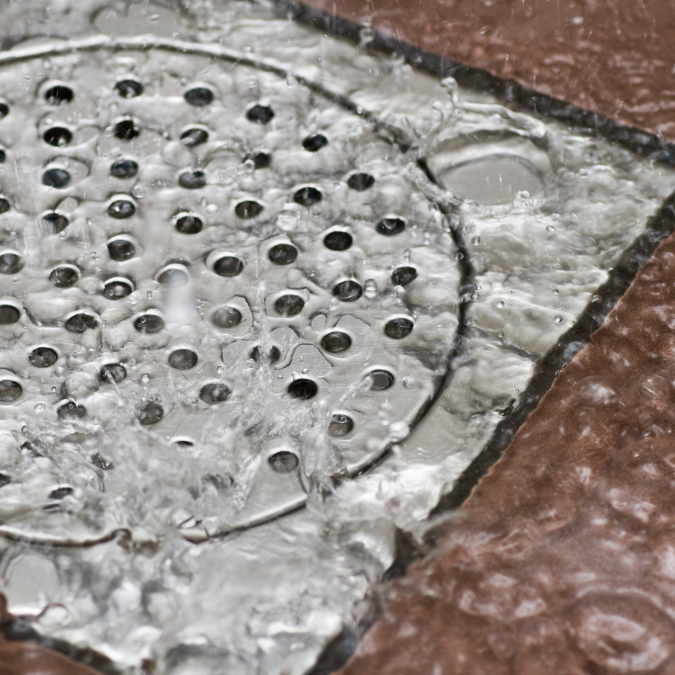Heat Pumps vs Air Conditioner: Understanding the Differences To Make The Right Choice
Table of Contents
Heat pumps vs Air conditioners are two popular options when it comes to controlling the climate inside your home. While both devices serve the common purpose of keeping your living space comfortable, they differ in functionality and efficiency. We will explore the distinctions between a heat pump system and air conditioner systems, helping you make an informed decision for your home.
Basic Functionality
Air Conditioner
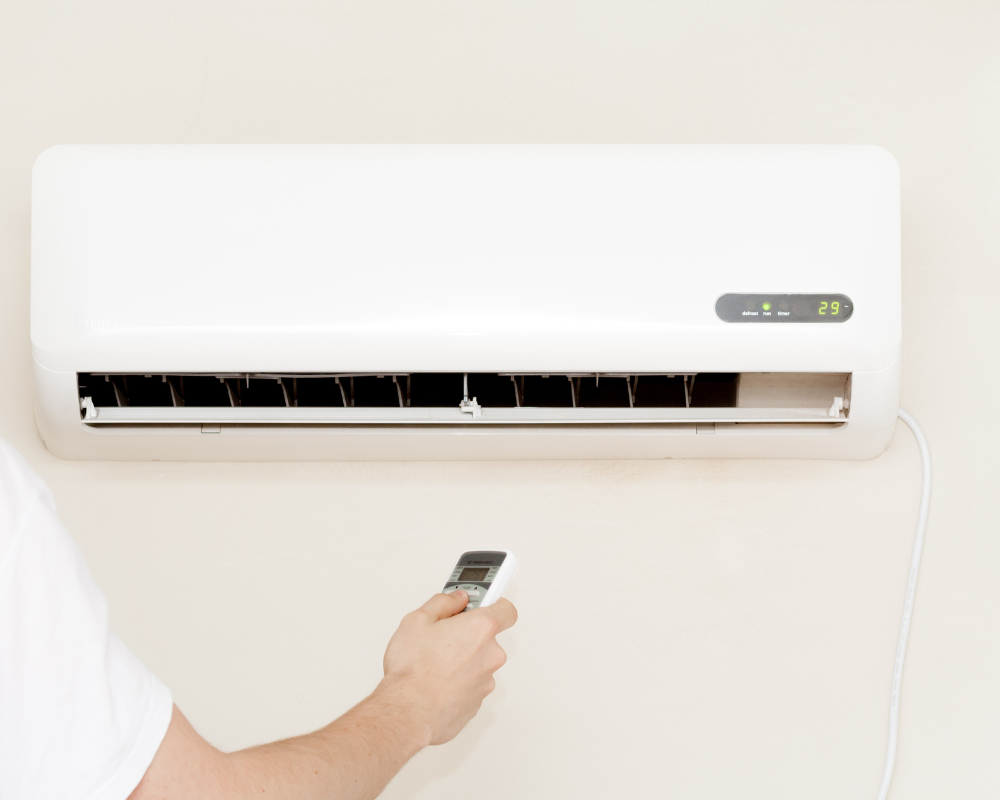
Traditional AC units are designed primarily as a cooling system. They extract heat from the indoor air and release it outside, leaving the cooled air circulating within your home. They have come a long way from their basic functionality of simply cooling the air. The modern air conditioner now incorporates advanced technologies to optimize energy efficiency while providing superior comfort. One key development is the use of variable speed compressors, which allow the unit to adjust its output based on real-time demand, resulting in precise temperature control and reduced energy consumption. Another innovation has been the integration of smart thermostats that can be controlled remotely via mobile apps, allowing users to customize their cooling mode even when they are not at home.
With growing concerns about environmental impact, there is an increasing focus on eco-friendly refrigerants and energy-saving features in central air conditioners design. Manufacturers are also exploring alternative cooling methods, such as evaporative cooling and geothermal technology, to reduce reliance on traditional refrigerant-based systems. These advancements not only align with sustainability goals but also offer cost savings for consumers in the long run.
Heat Pump
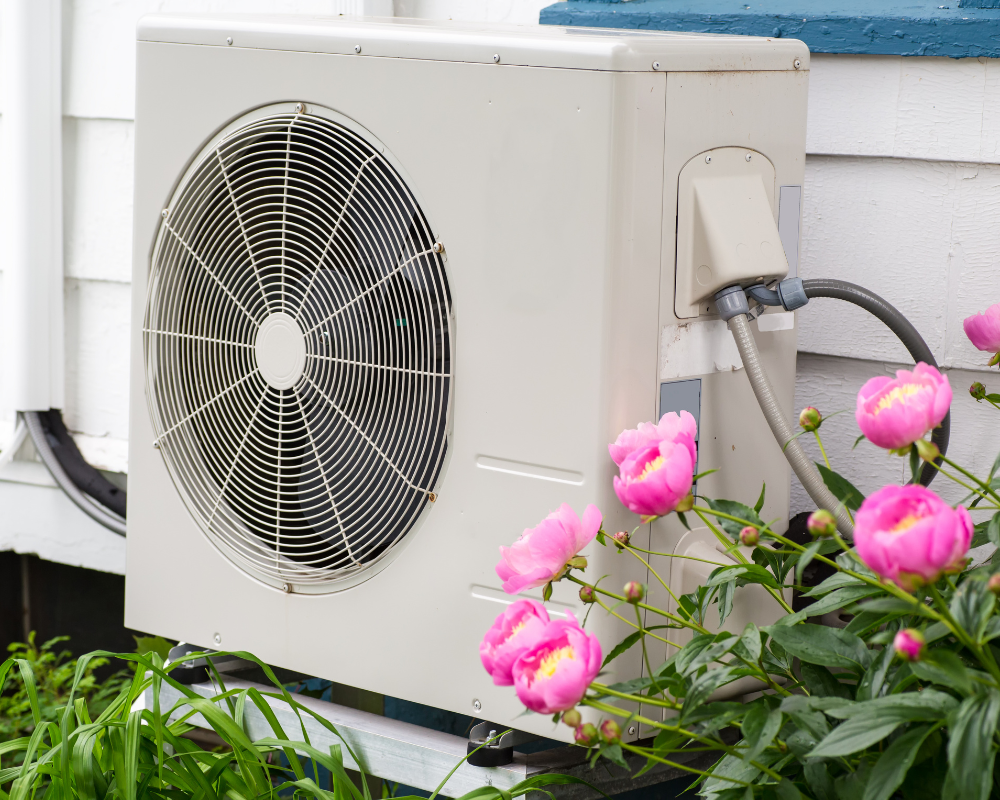
The basic functionality of an air source heat pump is often misunderstood, as many people think it only works to provide heating. However, what makes heat pumps truly unique is their ability to both heat and cool spaces. By leveraging the principles of thermodynamics, heat pumps can extract heat energy from the outside air (even in cold weather temperatures) and transfer it into an indoor space or building to provide warmth. Conversely, during the summer months, they operate in reverse to remove warm air from indoors and expel it outside, effectively cooling the space.
One fresh insight into the functionality of heat pumps is their energy efficiency. Unlike traditional heating systems that rely solely on burning fossil fuels or consuming electricity for heating purposes, heat pumps merely move existing heat from one place to another. This process consumes less energy and can significantly reduce utility bills while minimizing environmental impact and carbon footprint. With advancements in technology, modern heat pumps are being designed to work efficiently even in extreme conditions, making them suitable for various climates around the world.
Another intriguing perspective on heat pump functionality relates to their potential for smart integration within homes and buildings. With the incorporation of intelligent controls and sensors, heat pumps can be optimized for maximum performance based on specific usage patterns and weather forecasts. This not only enhances comfort but also contributes to better energy management within a property. As we progress towards a more sustainable future, these smart functionalities make heat pumps an increasingly appealing choice for environmentally conscious individuals and businesses alike.
Heating Efficiency
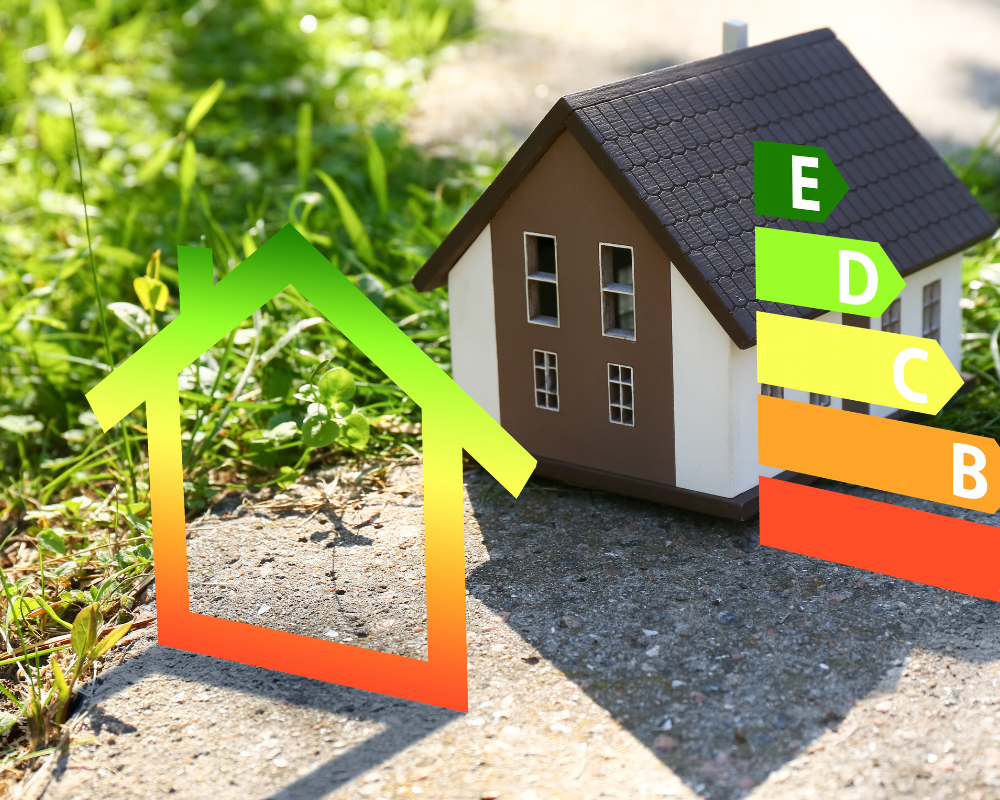
Air Conditioner
When it comes to air conditioners, most people think about cool air in their homes on hot summer days. But did you know the important factor that air conditioners can also be incredibly efficient at heating your space in the winter? With the advancement of technology, many modern central ac now come equipped with a heat pump feature, allowing them to efficiently provide both cooling and heating functions. This dual capability not only saves space by eliminating the need for a separate heating system, but it also offers greater energy efficiency.
One fresh perspective on air conditioners is their ability to measure and maximize efficiency. Many homeowners are unaware that regular maintenance and cleaning of their heating mode units can significantly impact their maximum efficiency. Just like any other appliance, dust build-up, and wear and tear can reduce an air conditioner’s ability to produce heat effectively. By investing in routine maintenance and ensuring proper airflow, homeowners can optimize their unit’s heating performance while reducing energy consumption.
Another important consideration when thinking about air conditioner function is indoor air quality during the winter months. While providing warmth, an efficiently functioning AC unit also helps circulate and filter the indoor air—a benefit often overlooked when primarily focusing on cooling capabilities. This filtration process removes airborne pollutants such as dust mites, pet dander, and allergens from the indoor environment, contributing positively to overall health and well-being during colder seasons.
Heat Pump
The heat pump is becoming the go-to solution for efficient heating in many homes and businesses. This innovative system doesn’t generate heat; it simply transfers it from one place to another, making it remarkably efficient. By harnessing the natural temperature of the air or ground, heat pumps can provide heating at a fraction of the cost of traditional methods. Not only does this reduce energy consumption, but it also minimizes environmental impact.
One fresh insight into heat pump technology is its versatility in providing both heating and cooling functions. This dual capability makes it an attractive option for those looking to streamline their HVAC systems and reduce overall energy usage year-round. Additionally, advancements in heat pump technology have made them more reliable and effective even in extreme temperatures, expanding their potential applications beyond traditional climate regions.
Another perspective to consider is how heat pumps can contribute to a more sustainable future by significantly reducing greenhouse gas emissions associated with heating systems that rely on fossil fuels. This shift towards environmentally friendly heating solutions aligns with global efforts to combat climate change while offering tangible benefits for homeowners and businesses alike.
Energy Efficiency
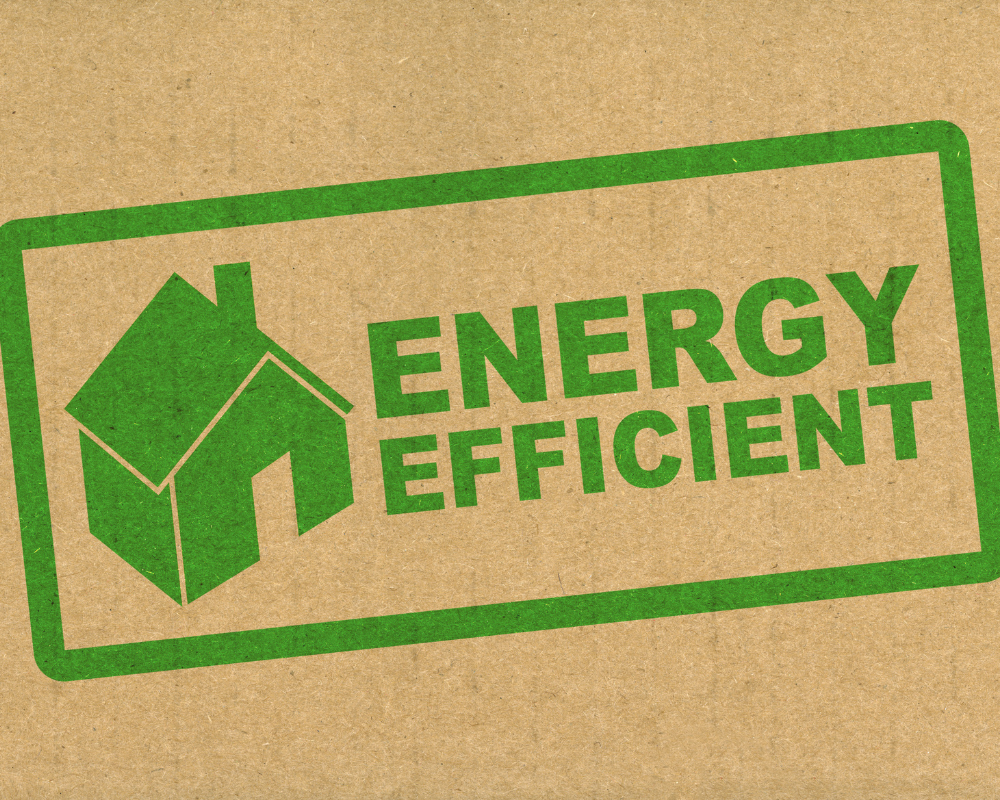
Air Conditioner
When it comes to air conditioning, energy efficiency is a crucial factor to consider. Traditionally, air conditioners have been notorious for their high energy consumption, leading to significant environmental impact and hefty electricity bills. However, with advances in technology, modern air conditioners are now designed with a focus on energy efficiency. From utilizing variable speed compressors to employing advanced algorithms for temperature control, these innovations not only reduce electricity usage but also contribute to lower carbon emissions.
With the shift towards smart thermostats and zoning systems has further revolutionized the landscape of energy-efficient air conditioning. By allowing precise control over different zones in a building or home, these systems optimize energy usage while ensuring personalized comfort. The emphasis on energy efficiency is not just about reducing costs; it’s also about minimizing the overall environmental footprint of cooling our living spaces. As consumers become more conscious of sustainability and cost savings, there is an increasing demand for air conditioners that prioritize energy efficiency without compromising performance.
Heat Pump
Heat pumps have emerged as a game-changer in the realm of energy efficiency. Unlike traditional heating systems, heat pumps don’t generate heat; instead, they move it from one place to another using a small amount of energy. This innovative technology allows for effective temperature regulation without excessive consumption, making it an attractive option for environmentally conscious homeowners.
One interesting aspect of heat pumps is their versatility. Not only do they provide efficient heating during cold months, but they also act as air conditioners in the summer by reversing their operation to remove heat from indoor spaces. This dual functionality not only saves on installation and maintenance costs but also maximizes year-round energy efficiency. As climate change concerns become increasingly pressing, the widespread adoption of heat pumps could significantly reduce carbon emissions and contribute to a more sustainable future.
The development of more advanced heat pump technologies holds promise for even greater energy efficiency gains in the future. With ongoing research and innovation in this field, we can anticipate further improvements that will push the boundaries of environmental stewardship while keeping our homes comfortable year-round. By embracing these advancements and integrating them into our living spaces, we can take significant strides toward a greener and more energy-efficient world.
Installation and Cost
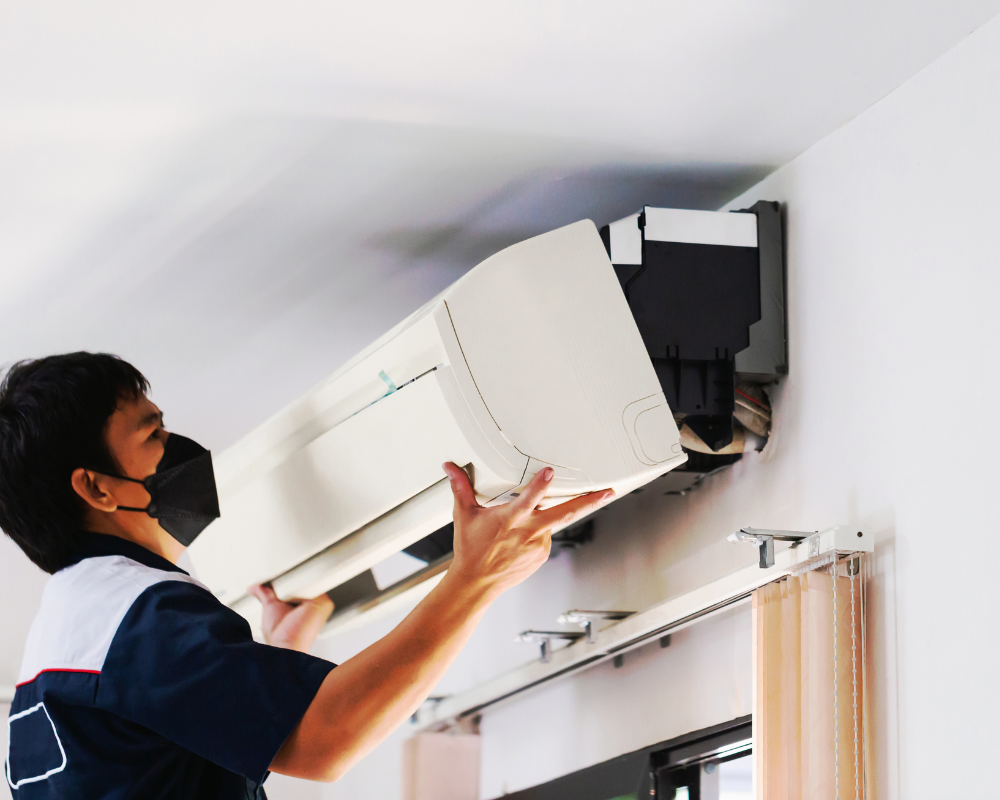
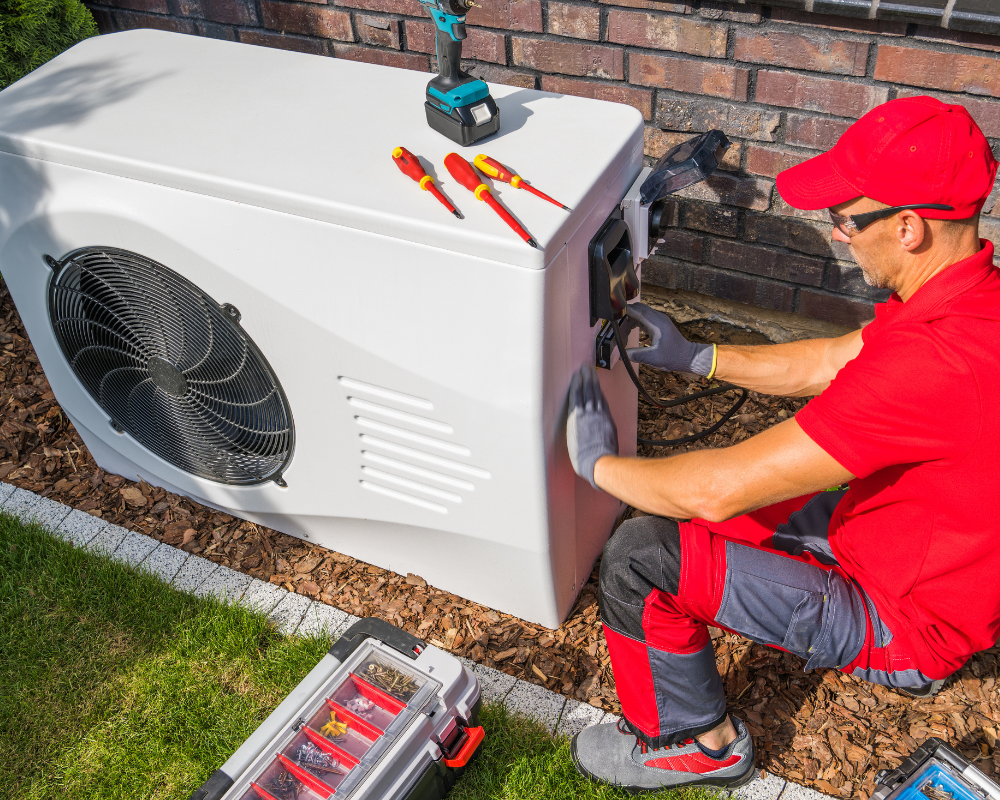
Air Conditioner
Installing a new air conditioner is not just about the initial cost but also about long-term savings. While the upfront expense of installing an air conditioner may seem high, it’s important to consider the long-term benefits of energy efficiency. With technological advances, modern air conditioners are designed to be more energy-efficient, which can result in lower utility bills over time. Additionally, proper installation by a certified technician ensures optimal performance and longevity of your unit, which can save you money on future maintenance and repairs.
As for the installation process itself, it’s crucial to hire a professional to ensure that the unit is installed correctly and safely. Improper installation can lead to inefficiencies in cooling and potentially even safety risks. However, investing in professional installation guarantees that your air conditioner will run smoothly and efficiently from day one. Many manufacturers offer warranties that only apply if the unit is installed by a licensed professional, adding another layer of protection for your investment.
Heat Pump
Many homeowners may be surprised when installing a heat pump, to find that the process is relatively straightforward and cost-effective. Unlike traditional heating and cooling systems, heat pumps are highly efficient and can provide both heating and cooling for a fraction of the cost. With proper installation by a professional HVAC technician, homeowners can experience significant energy savings while enjoying year-round comfort.
While the initial cost of installing a heat pump may seem daunting to some, it’s important to consider the long-term benefits. The energy efficiency of heat pumps means lower monthly utility bills and reduced environmental impact. Some regions offer incentives or rebates for installing energy-efficient appliances, which can help offset the upfront costs.
Climate Considerations

Air Conditioner
As the global climate continues to change, the importance of considering environmental factors when using air conditioners cannot be overstated. With rising temperatures and more frequent heatwaves, the demand for air conditioning is on the rise. However, there is a growing awareness of the environmental impact of air conditioners, particularly in terms of energy consumption and greenhouse gas emissions. Consumers must consider the environmental footprint of their cooling choices and opt for energy-efficient models that use eco-friendly refrigerants.
Beyond just efficiency and environmental impact, there are also important climate considerations to take into account when using air conditioners. In areas where extreme heat can pose health risks, access to reliable cooling is essential for vulnerable populations such as children, elderly individuals, and those with certain medical conditions. Finding a balance between mitigating climate impacts while also addressing public health concerns is a critical aspect of utilizing air conditioning systems responsibly.
Heat Pump
Heat pumps are becoming increasingly popular as a sustainable heating and cooling solution, especially in regions with moderate climates. However, their effectiveness can be influenced by specific climate considerations. In regions with a milder climate, heat pumps can efficiently transfer heat from the outdoor air to indoors during the winter, providing cost-effective heating. However, in extremely cold climates, the efficiency of air-source heat pumps may decrease due to lower outdoor temperatures, leading to higher energy consumption.
Ground-source heat pumps can provide more consistent heating and cooling performance regardless of external temperature variations. By utilizing stable ground temperatures, these systems are less impacted by extreme weather conditions and offer a reliable solution for both heating and cooling needs. As climate change continues to impact weather patterns globally, homeowners must consider local climate conditions when choosing the most suitable heat pump for their specific environment.
Conclusion
Choosing between a heat pump and an air conditioner depends on various factors such as climate, energy efficiency goals, and budget constraints. Both heat pumps and air conditioners have their own advantages and disadvantages as listed above. It’s important to carefully consider these factors before making a decision on which system to install in your home.



